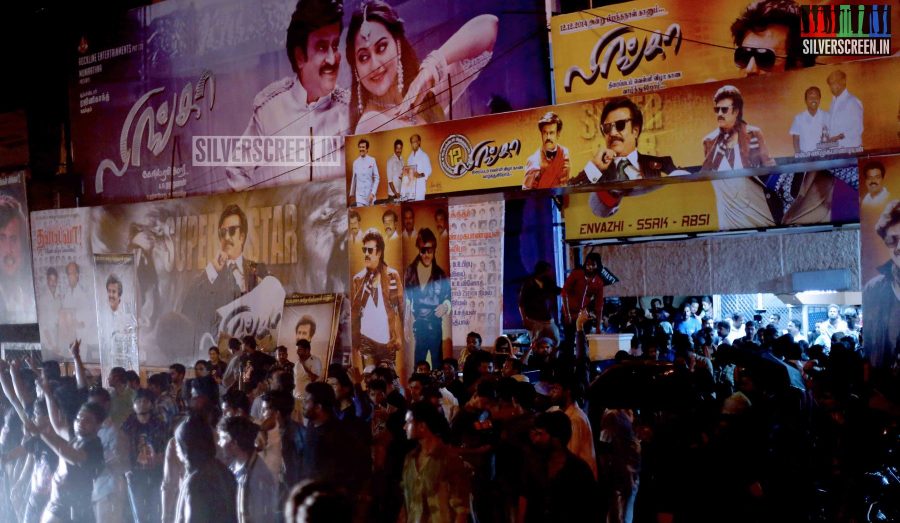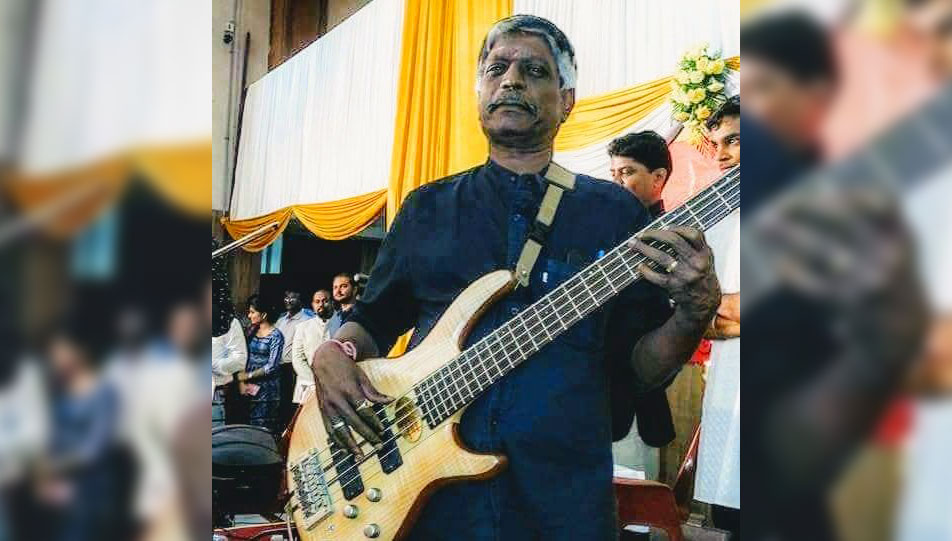The Tamil film industry is going through a slump – over 1,100 theatres were shut down in protest against the double taxation a few months back, the Film Employees Federation of South India (FEFSI) called for a strike twice in the last couple of months which had stalled the shoot of over 55 films. Now, the theatre owners associations and the Tamil Film Producers Council (TFPC) are protesting against the 10 percent additional tax over and above the recently-introduced Goods and Services Tax (GST).
“No new Tamil films will release this week as we feel the additional 10 percent Local Body Entertainment Tax (LBET) above the GST will disable the industry,” TFPC president Vishal said.
Silverscreen talks to producers and theatre owners to throw light on this issue.
Meera Kathiravan’s Vizhithiru, starring Viddharth and Dhanshika was scheduled to hit the screens this week. Kathiravan, who has directed and produced the film, says, “ I had tried to release my film twice before and it didn’t happen. I was determined to release it this time, however, the TFPC’s Friday announcement came as a big blow to me.”
He added that he has spent a considerable amount on the promotions and in making the film. “I trust Vishal and his team. I have shared my concerns with him and he has assured me that he would give priority to my film once the issue is resolved. When the whole industry is suffering, there is no point in just brooding over your personal pain. Also, when I struggled to release my film, people from Tamil Nadu theatrical association helped me on the release. So, now, when they have an issue, I should stand by them. I have to patiently wait for the next release date,” said Kathiravan.
We have to fight the situation, stalling new film releases or announcing a strike will not solve anything, says CT Valliappan, managing director of Kamala Cinemas. He says, “Right now, ticket price at my theatre is Rs 95 and if 10 percent entertainment tax is levied, the ticket price increases to Rs 104. If it is less than Rs 100, GST is 18 percent, above Rs 100, GST is 28 percent. With the local body tax and GST together, it is a burden on the person who is buying the ticket. He already has to pay GST for other products. He will choose not to watch a film.”
Calling the situation critical, he says, “I have been in this business for the last 45 years. I don’t like to hear the word, ‘shutdown.’ We are not in this industry to shut down work. We have to put up a brave fight and try to survive this situation. The impasse can be sorted only when we initiate talks with the government. Announcing a strike is not a solution.” Valliappan laments that though the business suffers, problems associated with the entertainment industry are not addressed with urgency.
Not just the threatre owners, even the ancillary industries incurr loss. “Advertisers would have paid us for the ads that have to be screened at the time of new releases, if no new films release this week, we have to return them the money. It would affect their business as well,” he explains.
Also, at the receiving end are the produces of small budget films. Producer Selvakumar, who is currently producing Server Sundaram, says, “The sudden announcement will adversely affect small-time producers. They would have spent money on promotions as the films were slated for release. A print ad costs approximately Rs 30,000. For a small-time producer, this is a big amount. But what to do? With the double taxation, they will get minimal shares in a ticket price. That’s why extreme steps like stalling new film releases have to be taken.”
He adds, “Earlier, there used to 30 percent local body tax, but no GST. Now GST and entertainment tax, this double taxation is what the film and theatre industry is concerned about. Theatres of other states don’t have this burden. In Karnataka, C-GST(Centre’s GST) is 28 percent, whereas in state GST, they remove 7 percent in ticket price to help the theatre industry. In Maharashtra and West Bengal, also there are offers to support the theatre industry.”
Recommended
Many theatres in Madurai have announced that the theatres will shut down from Deepavali. “The problem is very simple. When one country, one tax, why should we pay two taxes? When the ticket price goes above Rs 163, people will stop watching films and watch it online. To control piracy, we have to stall the release, sort this out and then release the films,” says Tirupur Subramaniam, president, Tamil Nadu Theatre Association (West Zone).
What’s next?
On Wednesday evening, members of the Tamil Nadu theatre association and producers council met and discussed the issue. “It was decided in the meeting that both theatre association, council and other union members will jointly meet government officials to sort out the issue as soon as possible,” informs a source.



